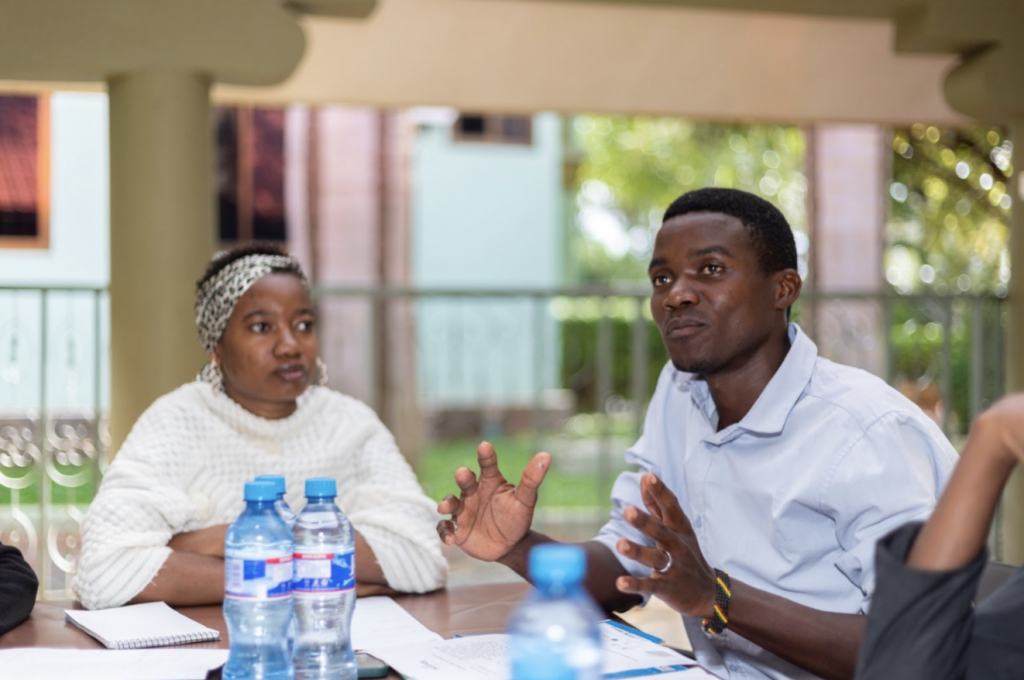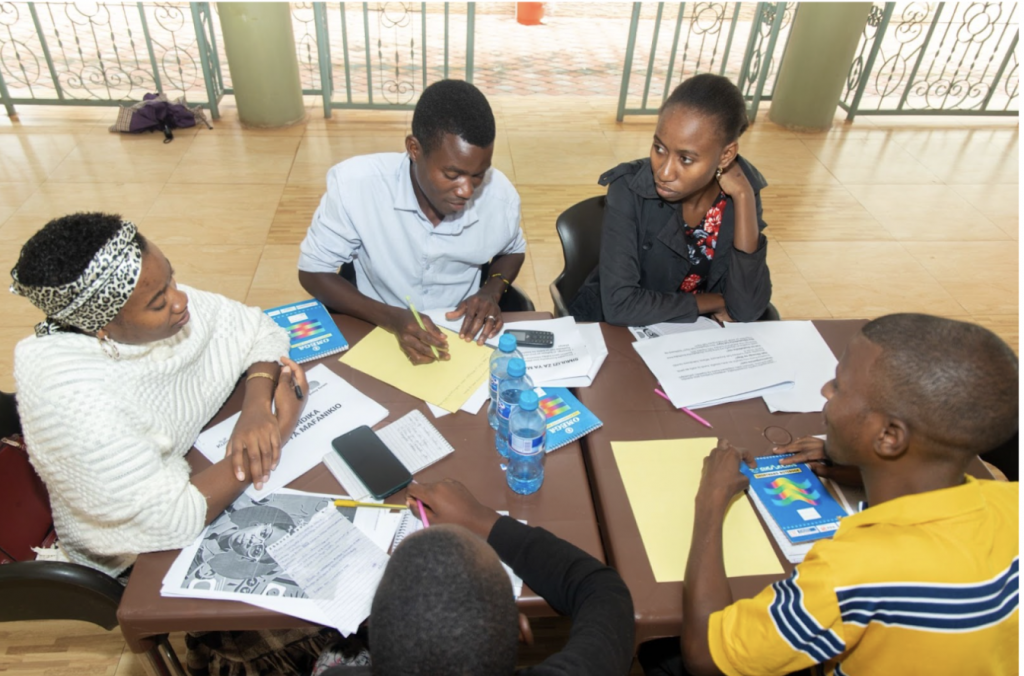In 2023, the Ruangwa District in southern Tanzania embarked on a transformative initiative to enhance education by addressing a critical barrier: hunger.
With support from the government and local communities, this effort sought to tackle the persistent challenge of students struggling to concentrate and stay in school due to a lack of food and proper nutrition.
This initiative targeted six primary and six secondary schools in the Chunyu, Matambale, Bekenyera, Liugulu, and Narungombe wards. Community members, school leaders, and parents collaborated to ensure students received daily meals during school, such as ugali (cornmeal mash), rice, and makande (corn and beans stew).
Beyond nourishment, the initiative became a symbol of hope and collaboration, with parents volunteering time and resources to keep it alive.

Among the champions of this effort was Ms. Amina Ramadhani, a headteacher at a secondary school in Liugulu. Recognizing the severity of hunger’s impact on her students, she initiated a school farming project in late 2023. Together with parents and students, she cultivated maize and beans to provide a sustainable food source.
“We knew we had to take action,” she said. “Hunger was keeping our children out of class, and that was unacceptable.” By early 2024, the farm had yielded its first harvest, enabling the school to provide daily meals and alleviate the burden on struggling families.
This impact was transformative, with students beginning to show remarkable improvements in health and academic performance. Teachers noted that classes ran more smoothly, with fewer disruptions as students no longer had to leave early in search of food.
Attendance rates rose significantly, and individual stories of success began to emerge. One such story was that of Joseph Nduku, a student at Bekenyera Secondary School. I couldn’t focus on my studies because I was always hungry,” said Joseph. “Now, I feel strong and ready to learn.”
Despite these successes, the program’s reach was uneven. In schools where the program had not yet been implemented, hunger continued to be a barrier.
Teachers reported high absenteeism as hunger forced students to stay home. Others saw declining performance, as malnutrition made it difficult for children to concentrate. Recognising these disparities, community leaders and government officials convened meetings to explore solutions. One of the proposed strategies was to scale up the program by encouraging schools to adopt independent farming practices, ensuring a steady food supply while teaching students valuable agricultural skills.
Mr. Juma Abdallah, a local government officer, became a vocal advocate for expanding the program. In mid-2024, he collaborated with parents and school committees to secure additional funding for food programs. Taking his case to the national level, he presented compelling data on the program’s success to Ministry of Education officials in Dodoma, earning widespread praise. “When children are well-fed, they thrive, and when they thrive, the entire community benefits,” said Abdallah during a meeting in Dodoma.

The journey of the Ruangwa District’s schools shows the profound impact of collaboration in addressing students’challenges. From parents tilling the land to teachers ensuring meals reach every child, the initiative has become a story of success and a beacon of hope. It also highlighted the importance of government oversight in sustaining such programs, prompting calls for consistent monitoring and support to ensure every school, and every child, can benefit from this life-changing program.

